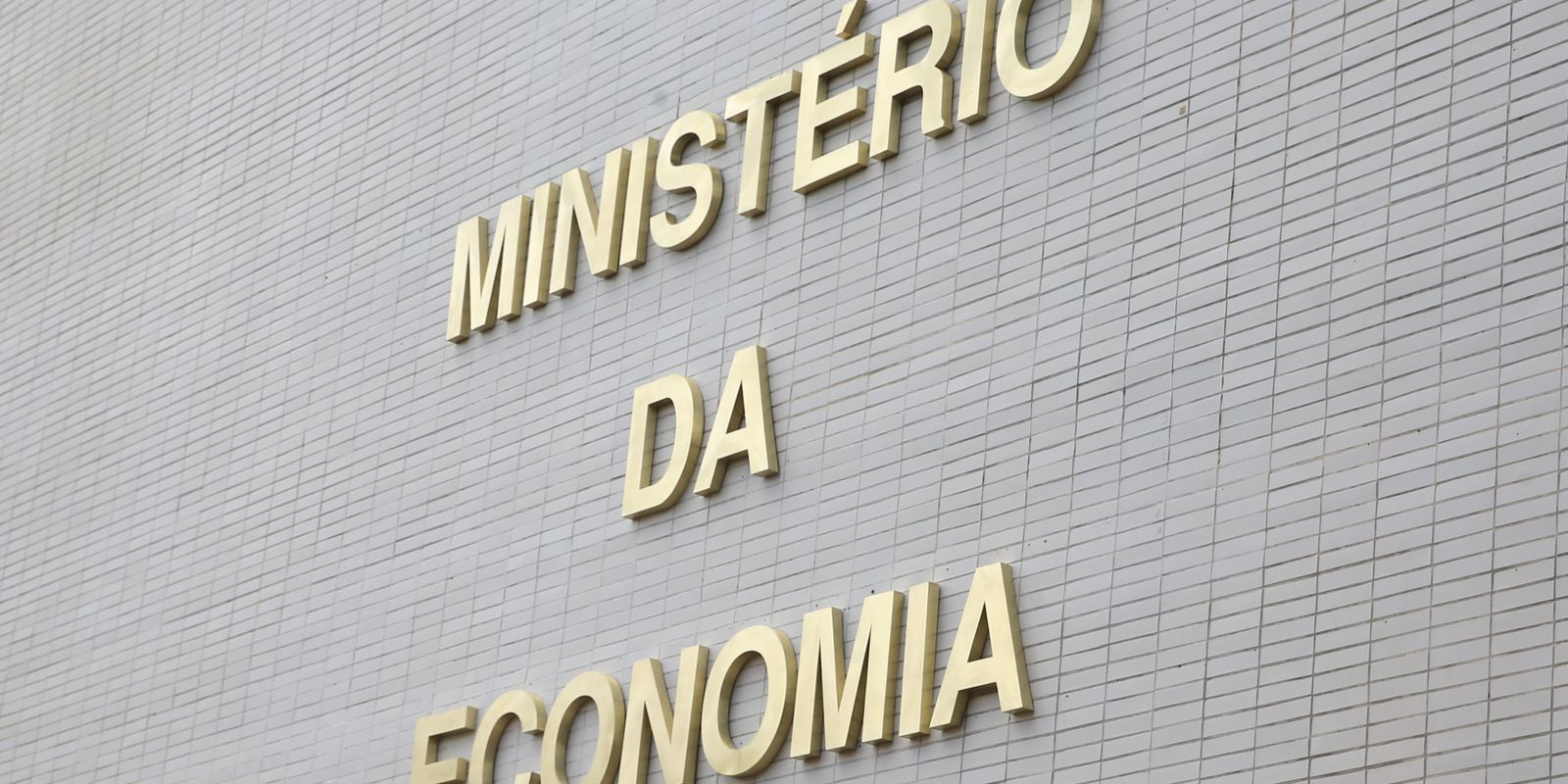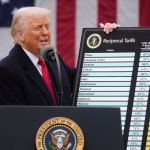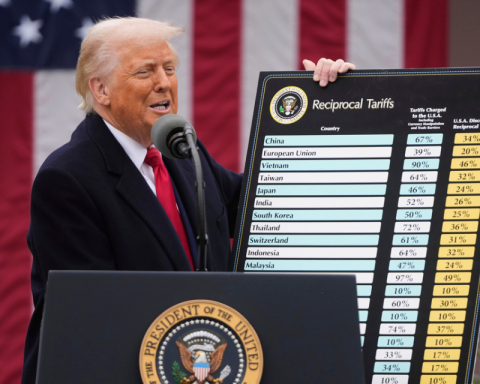Exemptions for fuel, industrialized products and spending on Auxílio Brasil are still having little impact on public accounts. In March, the Central Government (National Treasury, Social Security and Central Bank) registered a primary deficit of R$ 6.304 billion.
The result was slightly better than expected by financial institutions. According to the Prisma Fiscal survey, released every month by the Ministry of Economy, market analysts had expected a negative result of R$8.3 billion last month.
Compared to March of last year, however, there was a worsening. In the same month of 2021, the Central Government had registered a primary surplus of BRL 2.039 billion. On that occasion, however, the result had been inflated because the approval of the 2021 Budget in Congress was delayed, which reduced spending at the beginning of last year.
The primary result represents the difference between revenues and expenditures, disregarding interest payments on the public debt. Despite the primary deficit in March, the Central Government has accumulated a record surplus of R$ 49.627 billion in the first three months of the year. This was guaranteed by record positive result of R$ 76.539 billion in January.
The Budget Guidelines Law (LDO) stipulates a primary deficit target of R$ 170.5 billion for this year. At the end of March, the Bimonthly Income and Expenses Report reduced the deficit estimate to R$ 66.9 billion, but the value taken into account for the fulfillment of the fiscal targets is that of the LDO.
atypical collection
The March deficit occurred because expenditures continued to grow at a faster pace than revenues. Last month, net revenues grew 18.8% compared to March last year in nominal terms. Discounting inflation, growth was 6.7% above the Broad Consumer Price Index (IPCA). Total expenses grew 26.3% in nominal values and 13.5% above the IPCA in the same comparison.
Last month, two factors drove revenue growth. The first was the high collection registered in March. Despite the exemptions for fuel and industrialized products, government revenues felt only the partial impact of the measures because they came into effect at the end of February.
The other factor is not related to tax collection, but to the rise in oil on the international market. Revenues from royalties grew R$ 1.11 billion (+26.2%) above the IPCA in March compared to the same month last year. Currently, the price of an international barrel is around US$ 100 because of the war between Russia and Ukraine.
Expenditure
On the expenditure side, spending on mandatory expenses with flow control increased, which rose R$4.6 billion (+32.7%) above inflation in March compared to the same month of 2021. Year-to-date, the increase reaches R$ 14.3 billion (+37%) above the IPCA. The increase was driven by the payment of the minimum benefit of R$ 400 from Auxílio Brasil.
On the other hand, spending on federal employees fell 8.1% year-to-date, discounting inflation, reflecting the wage freeze for civil servants that took effect between June 2020 and December 2021. Expenses with Social Security remained stable, also considering inflation, because of the reform approved in 2019.
Regarding investments (public works and purchase of equipment), the federal government invested BRL 7.83 billion in the first three months of the year, up 115.4% over the same period in 2021, discounting IPCA inflation. The rise occurs against a weak basis for comparison. Last year, the Budget was sanctioned only in April, and investments in the first four months were carried out only with outstanding amounts to be paid (amounts authorized in previous years).















